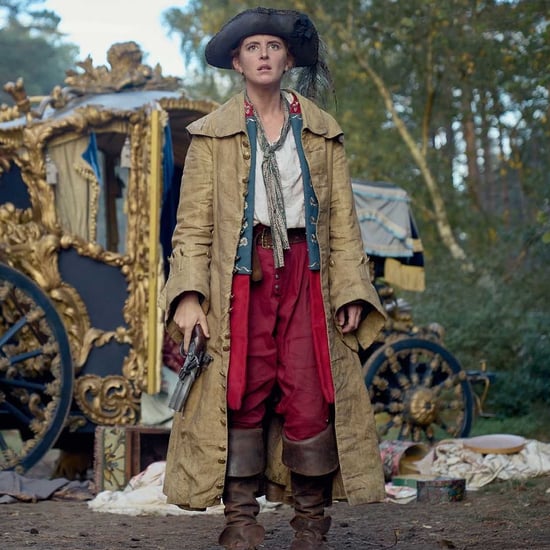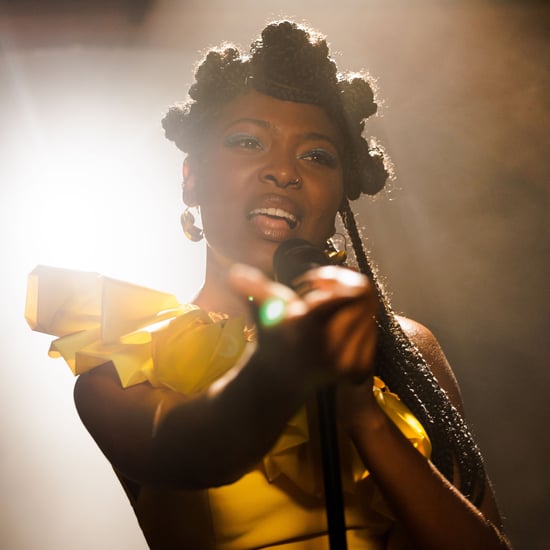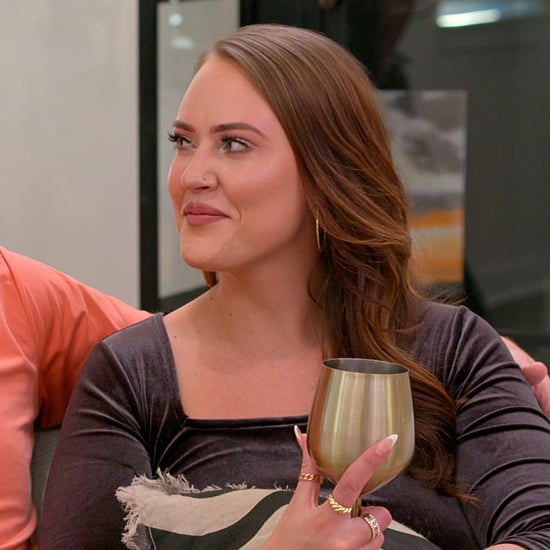Is Rue Really Dead on Euphoria?
Here's the Scoop on THAT Tragic Theory About Rue on Euphoria — and Why We Don't Buy It

Warning: spoilers ahead for Euphoria!
The mysteries just keep piling up on HBO's dark teen drama Euphoria, but there's a new theory in the mix that's shaking things up. Specifically, it's a question of Rue's narration and what that means for the story and for her future in particular. The most shocking fan theory yet? Rue's actually been dead this whole time.
As the theory goes, assembled by Entertainment Weekly out of fan speculation, Rue is able to narrate because she's dead. Throughout the series, Rue is presented as an omniscient — yet openly unreliable — narrator. On its own, that's not necessarily an indicator that she's dead. After all, other shows utilise the protagonist-as-narrator trope, and even the protagonist-as-narrator-who-editorialises trope, without making those characters dead. The glaring example of this, of course, would be Grey's Anatomy, which has spent 15 seasons having Meredith Grey (and, on occasion, other characters) give voiceover narration and musings on the episodes, and she's still alive and kicking.
The theory suggests that several subtle clues have indicated that Rue is narrating past events from beyond the grave. For instance, the "rule of three" comes into play (the idea that something being done three times is somehow significant or foreshadowing): three characters confront Rue about her self-destructive tendencies. To recap: Jules gets angry at Rue after she nearly ODs, former addict Ali isn't fooled by Rue's lie about how long she's been sober and gives her his card, and Fezco refuses to sell Rue more drugs. All of them state something along the lines of not wanting to watch Rue "kill herself" with her addiction. If you believe in the symbolism of things coming in threes, that could be a signal that Rue's addiction does, in fact, kill her, and we're watching from the aftermath.
So is Rue actually dead and narrating from the afterlife? It's possible, but there are other theories that seem more plausible. After all, from a purely practical, business standpoint, it wouldn't necessarily make sense to kill off the protagonist of an ongoing story, especially when that character is played by, arguably, the biggest name in the cast. Rue hasn't yet taken Ali up on his offer to get pancakes and talk things out; there's a strong possibility that the narration is actually her pouring out her past to him, or another therapist or doctor. This would allow for the unreliable narration and the retrospective reflective nature of her words to make sense narratively without killing off the central character.
Adding credence to the "Rue's not dead" camp: Euphoria is inspired by the real-life drug addiction struggles of showrunner Sam Levinson, who has emerged as a leading voice for rehabilitation and recovery.
"Somewhere around the age of 16, I resigned myself to the idea that drugs could kill me, and there was no reason to fight it; I would just let it take me over and I'd made peace with that," Levinson told The Hollywood Reporter. Rehab led Levinson to a bitter realisation about what he'd leave behind if he did let his addiction kill him. "I'm a liar, I'm a thief, I'm an addict, I've been sh*tty to almost every person in my life that I love, and I had a moment where I thought, 'I don't feel that way inside, I think I'm a better person than that.'"
Levinson has been clean for 14 years now, and has shared that Euphoria is meant to be a depiction of struggles like he went through. One imagines that he would prefer to tell a story like his own, where rock bottom is eventually followed by recovery and a happy life, rather than one that rejects the possibility of recovery. Until HBO decides to reveal its twists, though, we'll have to be satisfied with whatever clues we can scrounge up!






